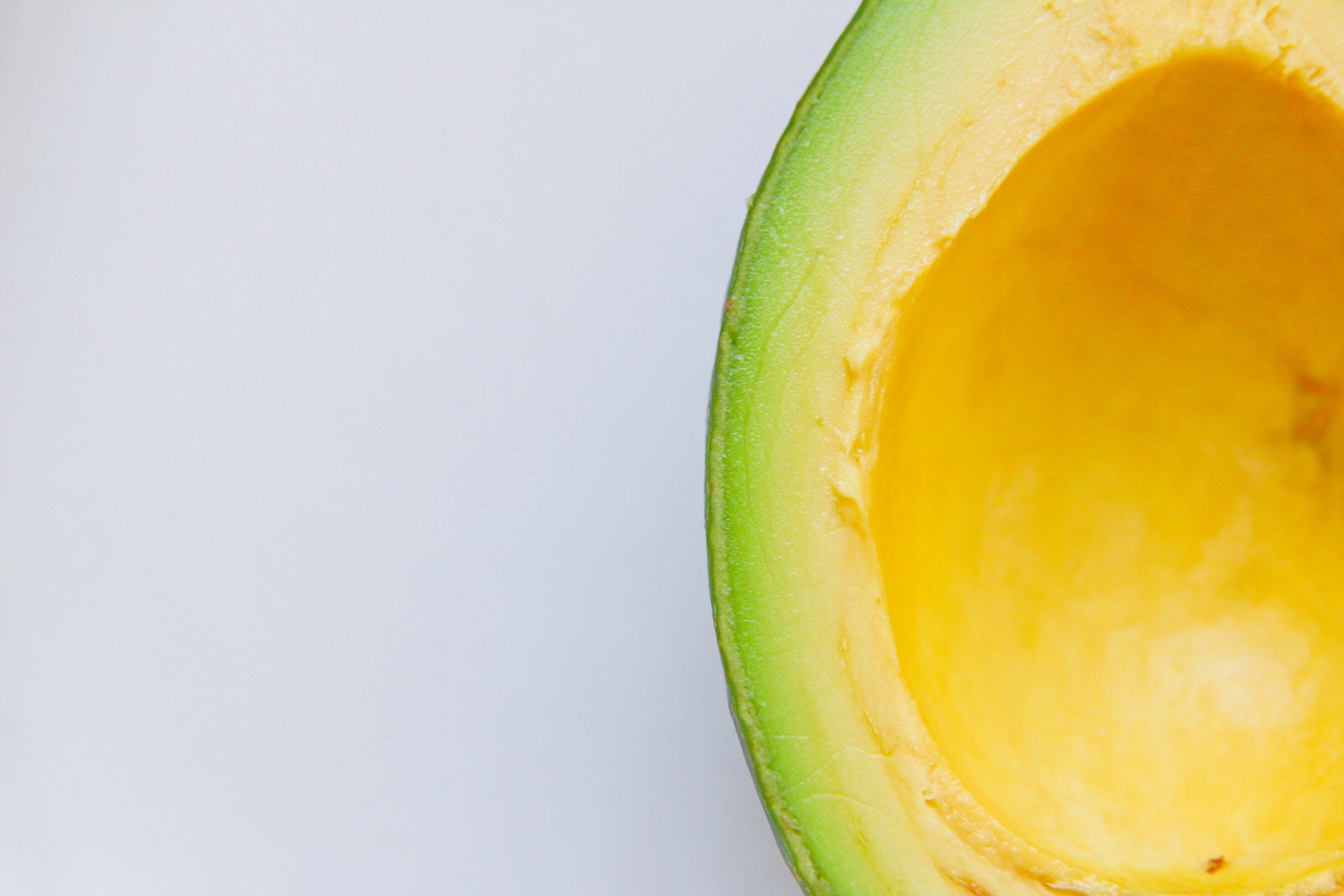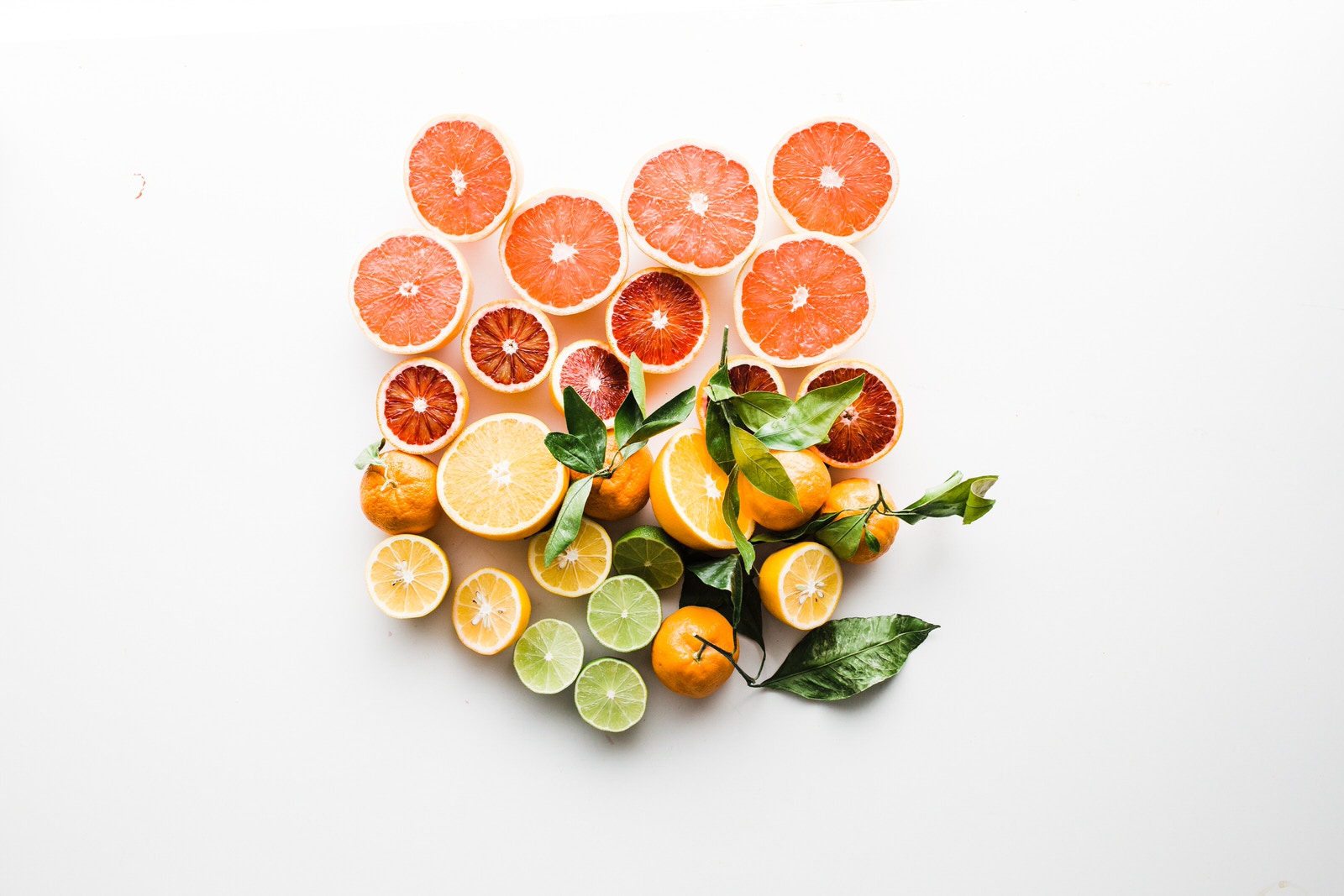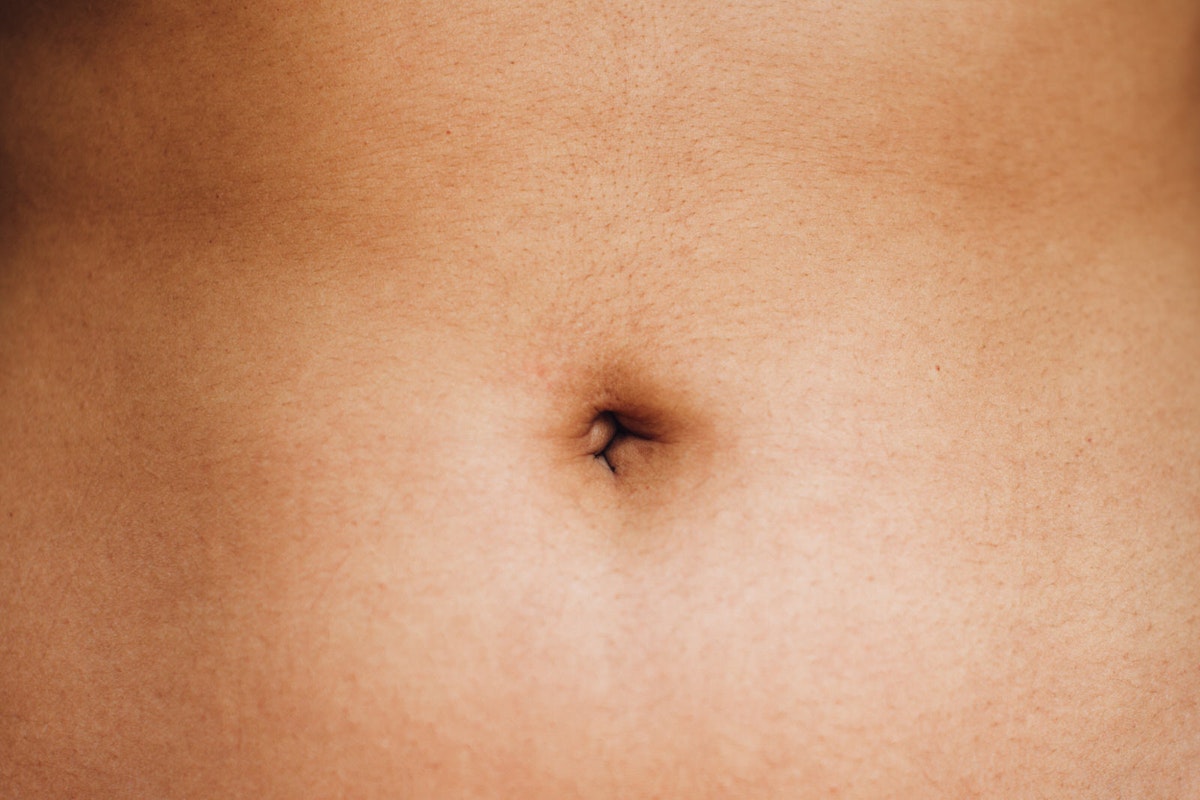It seems like gut health has been all the rage the past few years. You’ve probably heard things like, “Take probiotics!” and, “Eat fermented foods!” Although trends are common in the wellness industry just like any other, research is showing that gut health is here to stay. In fact, as we learn more about our gut’s role in our overall health and disease prevention, science suggests that it’s only going to become more important for us to prioritize.
What Are We Talking About When We Say “Gut” Anyway?
The scientific term for “gut” is actually “microbiome”. Essentially, this is the complex system of bacteria that runs things like digestion, hormone regulation, nutrient absorption, inflammation, immunity, and more. Many people (understandably) think that gut health is mostly just associated with digestion, but it actually reaches much further than that. It was Hippocrates who originally said, “All disease begins in the gut.” And now more than 2,000 years later, we are finally getting the research to back that up. Things like heart disease, autoimmune disease, mental illness, dementia and alzheimer’s, autism spectrum disorder, arthritis, and chronic fatigue have all been linked to gut health! This is largely because of the powerful gut-brain axis.
The Crucial Link Between Gut Health and Mental Health
The gut-brain axis is essentially the biochemical relationship between our GI tract and our central nervous system (the brain being the primary actor in the CNS). Researchers have only scratched the surface when it comes to our knowledge of the power of this connection, but what we know so far is that our gut has incredible influence over the rest of our body. If you think about it, our brain controls almost everything we do, on both a conscious and subconscious level. So if our microbiome is talking to and influencing our brain, this has huge implications for our overall brain and body function. This is also why scientists continue to find stronger links between gut health and mental health; a gut that isn’t working properly can cause or worsen mood, anxiety, depression, and more.

Some People Are More Susceptible to Gut Issues
Why can two people live similar lifestyles and eat similar diets, and yet one person will end up with an autoimmune condition and the other will be just fine? Why do some seem to be so much more sensitive to certain foods and environmental toxins?
There are several reasons for this, some of which science hasn’t even discovered yet, but a large part of the explanation is the fascinating factor of epigenetics. We are all born with DNA that is locked in, right? We can’t change our genetics. However, our diet, lifestyle exposures, and choices actually have the ability to override our cellular activity, which then changes the way your genes actually express themselves.
This is both good and bad news. The bad news is that some of us are going to be much more likely to have some of these issues, and that our parents’ and grandparents’ diet and stress levels could still be affecting us today. The good news, however, is that we actually have some control over the way our genes are expressed based on the type of life we live! This means we aren’t destined to suffer forever from these problems, and that we can actually change our diseases through diet and lifestyle choices.
What You Can Do To Protect and Improve Your Gut Health
1. Eliminate foods your body doesn’t process well.
What we put in our body matters. Our bodies are creating new cells every second of the day, and they are using the food we eat to make those cells. That’s why diet is so important to our overall health.
If you are already experiencing some of the issues mentioned above, I would highly recommend you try an elimination diet in order to identify which foods are harming your microbiome. If your symptoms aren’t too severe, you could start by simply eliminating dairy and gluten and see how you feel. If your symptoms are causing a lot of disruption in your life, you can try eliminating more foods that could potentially be causing you trouble, such as nightshades, sugar, all grains (not just gluten), and foods high in FODMAPS.
After you’ve cut out these foods for a few weeks and experienced a decrease in symptoms, you can carefully add them back one by one to identify which ones are causing you issues. Or, a lot of people have found guided resets like the Whole30 diet to be really helpful. I know the thought of cutting out all of these foods can be very overwhelming, but I promise your health is worth it (and it’s important to get support along the way!).
That being said, there are a few foods that everyone (whether you currently have gut issues or not) should try to keep to a limited amount. I’m primarily talking about processed foods and refined sugars. All of the fast food and packaged foods that are staples in the Standard American Diet (is it ironic that the acronym for that is SAD?) have so many ingredients in them that aren’t real foods, therefore our bodies can’t really process them properly. Over time, these sugars, preservatives, refined oils, and other additives cause inflammation, which is the root of nearly all disease. Make sure you are eating wholesome, nutritious foods as well, like green leafy vegetables, good fiber, healthy fats, and sustainable proteins.

2. Make stress management a priority.
I cannot stress (pun intended) enough how important (and often overlooked!) stress management is in protecting your gut and overall health. In short, stress puts our body in a chronic “fight or flight” mode, which affects our body’s entire homeostasis. “Stress” includes what we stereotypically think of (lack of work/life balance, toxic relationships, etc.), but it can also include things like overtraining, exposing yourself to environmental toxins (personal care or cleaning products filled with chemicals, air and water pollution, etc.), not getting enough sleep, or not incorporating enough play into your life.
3. Try probiotics and/or fermented foods.
To help increase the good bacteria in your gut that may have been compromised, try taking a daily probiotic or eat fermented foods like kimchi or kombucha. Make sure you find a high quality probiotic and that your fermented foods or kombucha aren’t full of sugar.
4. Stay hydrated.
Drinking plenty of water is one of the best ways to keep things flowing in your body and encourage detoxification. When you can, drink filtered water and stay away from plastic bottles.
5. Avoid antibiotics and other medications when possible.
Obviously, there are times when you can’t avoid taking antibiotics, but try not to overuse them. The point of antibiotics is to kill bacteria, but that includes the good bacteria too. The bacteria in your gut is literally what makes it function properly, so killing all of that can really mess things up. If you’re really sensitive, other OTC medications like ibuprofen can have a negative effect on your microbiome too.

6. No matter what steps you choose to take, learn to listen carefully to your body.
As women, we are often taught how to be caretakers and to focus externally. Many of us have become very disconnected from our bodies and we’ve stopped listening to the quiet (or loud) cues we’re given. I encourage you to begin to learn how to tune into your body in order to recognize when you are stressed and how your body reacts (Is your breathing shallow? Is your chest tightening?), and what foods and lifestyle choices affect your body, mood, and energy levels in a negative way. Helpful practices for tuning in include yoga, meditation, journaling, and setting little reminders on your phone throughout the day to stop and check in with a body scan.
If You’re Overwhelmed, Take Baby Steps
If you’re one of the people who is experiencing the severe and long term effects of poor gut health, I can absolutely empathize with you. I have been there, and so have millions of others. I know it can be extremely frustrating. It can make you feel isolated, crazy, and out of control. So I encourage you to take baby steps, figuring out what is good for your body one step at a time. It will be a process, but it will absolutely be worth it, because YOU are worth it. So ask for support when and where you need it and be gentle with yourself along the way.
Feature Image by Amy Hulst
